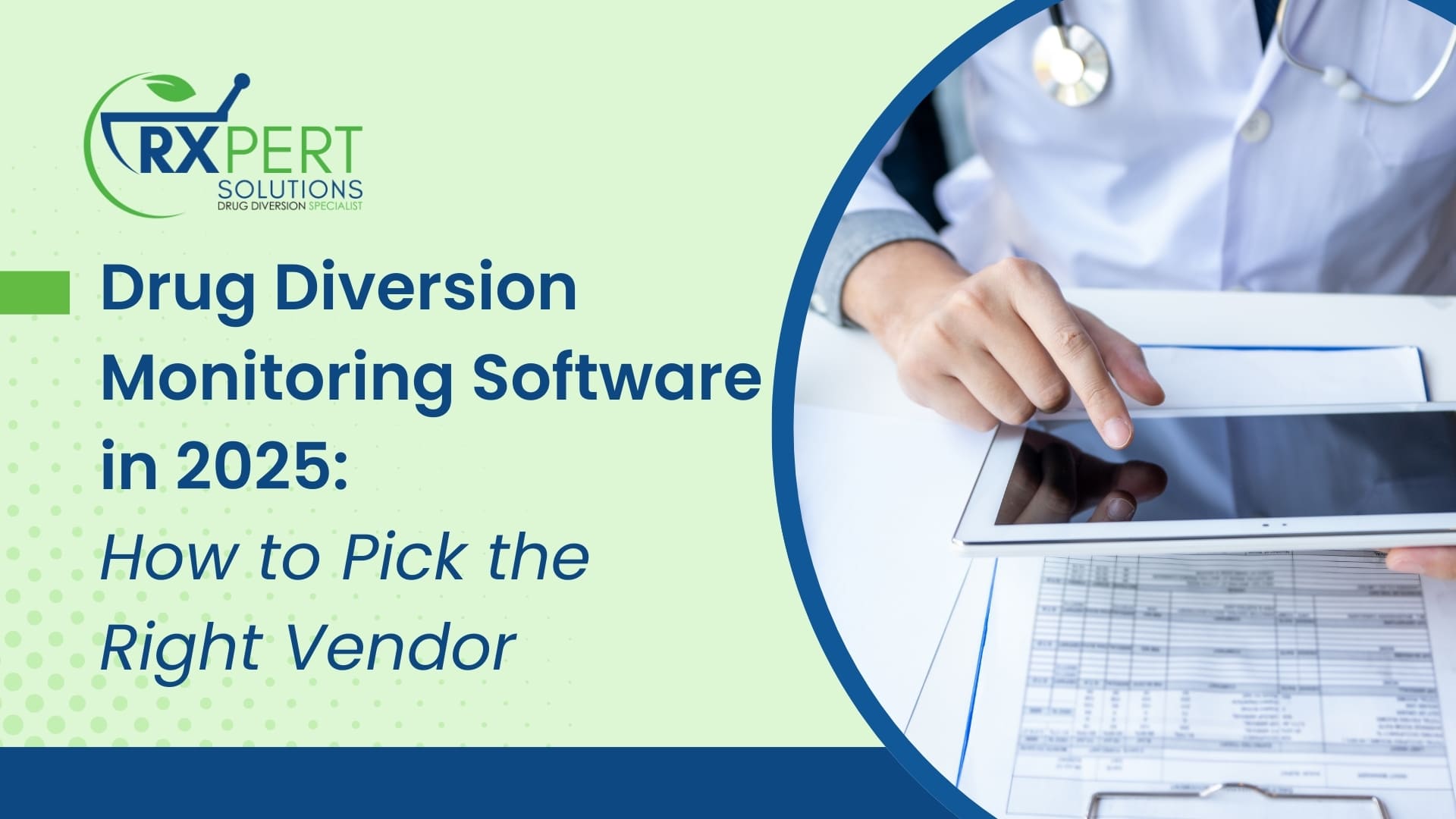Many who divert medications have rationalized or justified their behaviors. Interviewers use a method called theme development to present reasons and excuses that will serve to psychologically justify the healthcare worker’s behavior and minimize the moral seriousness of their behavior. The purpose of this method is to empathize with the healthcare worker and make them feel like their actions were justified, therefore increasing the chances that they will admit their actions.
One of the elemental principles of theme development by the interviewer is to shift the blame for the healthcare worker’s substance abuse problem, or diversion, to someone or something other than themselves. For example, the interviewer may shift the blame to the healthcare worker’s physician who previously prescribed pain medications for their injury and will no longer give them what they need for pain which has resulted in their need to take medications from the hospital. Another theme would be to agree that their job is stressful and recognize the need for a little something to help them sleep at night or to help forget the patient suffering they saw that day while working. Perhaps empathizing that there is so much work to do with limited staff and by ingesting just a little something once in a while they can get through their shift.
While developing these themes, listen and watch for any signs that you may be on the right track and then continue to develop that theme. This approach can be the beginning of the healthcare worker’s admission that they have a substance abuse problem.





